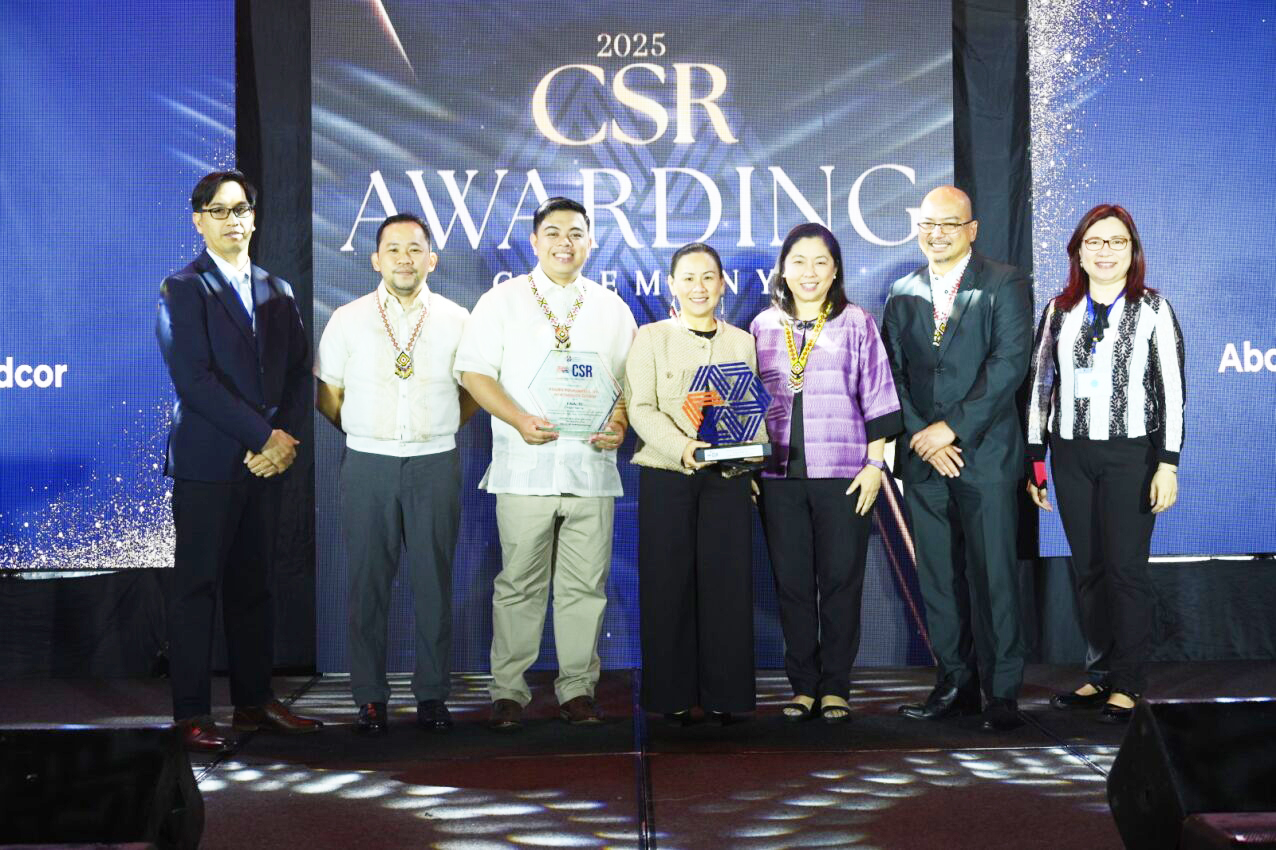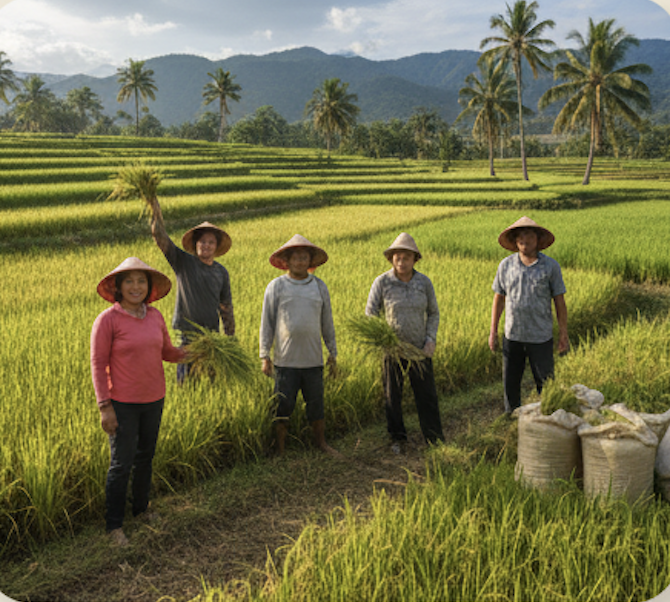Philippine companies are proving that respectful partnerships with indigenous communities can preserve cultural heritage while creating sustainable economic opportunities. The key lies in treating traditional knowledge as valuable assets rather than obstacles to development.
Traditional crafts as economic engines
Corporate programs supporting indigenous textile weaving, wood carving, and metalwork demonstrate this approach in action. These initiatives strengthen existing cultural practices while building connections to contemporary markets that value authenticity and craftsmanship.
Recent award-winning programs have achieved remarkable results: participating women report average income increases of 300% while maintaining their roles as cultural knowledge keepers. Children in program families show 95% school attendance compared to 60% in non-participating households, proving economic stability enables education without cultural sacrifice.
Programs focusing on traditional skills like T’boli brass-casting, Ifugao wood carving, and Mindanao weaving create premium market opportunities for authentic indigenous products. Rather than introducing new technologies, successful initiatives enhance what communities already do well.
Partnership principles that work
Successful indigenous partnerships begin with free, prior, and informed consent. Communities maintain decision-making authority over program terms and benefit distribution. Companies invest time understanding cultural protocols and traditional governance structures.
Revenue-sharing models ensure communities retain ownership of their cultural products. Instead of wholesale purchasing, programs establish fair trade relationships where communities receive premium pricing for authentic goods that reflect generations of traditional knowledge.
Traditional knowledge creates value
Indigenous communities possess environmental management practices developed over centuries that address contemporary sustainability challenges. Traditional craft techniques adapted for modern markets command premium pricing from conscious consumers seeking authentic alternatives to mass-produced goods.
Digital platforms enable direct market access, allowing communities to bypass intermediaries and build relationships with global consumers. Partnerships with ethical fashion brands and cultural organizations create stable demand through long-term purchasing agreements.
Cultural preservation through economic success
When traditional skills generate viable income, families prioritize teaching them to children alongside formal education. Economic success motivates intergenerational knowledge transfer that might otherwise disappear as youth seek urban employment.
Documentation projects create permanent records of traditional knowledge while maintaining community ownership. Cultural centers developed through corporate partnerships provide spaces for teaching traditional skills while generating tourism income that supports entire communities.
Environmental and economic benefits
Indigenous communities often serve as environmental guardians for territories containing critical biodiversity. Corporate partnerships support these conservation roles while creating income streams from environmental services and eco-tourism.
Traditional agricultural practices like indigenous rice terracing and agroforestry often prove more sustainable than industrial methods. Companies compensate communities for environmental benefits while supporting initiatives that showcase traditional environmental management to visitors.
Measuring success
Success measurement must include cultural preservation alongside economic indicators. Community-defined metrics include language preservation rates, traditional skill transmission, and cultural event participation. Participatory evaluation engages communities in defining success according to their own values.
Long-term assessment examines whether programs strengthen traditional governance structures and cultural practices rather than weakening them. The most successful initiatives show increased youth engagement with traditional practices alongside improved economic outcomes.
Scaling Respectful Models
Successful approaches can be adapted across different cultural contexts while maintaining core principles of respect, reciprocity, and community ownership. Corporate staff need cultural competency training to understand protocols and decision-making processes specific to each indigenous group.
Policy advocacy supports indigenous rights recognition and intellectual property protection, enabling communities to engage in economic development on their own terms. Industry recognition through sustainability awards highlights programs that demonstrate genuine partnership rather than charity approaches.
Corporate programs across the Philippines show that respectful partnerships create more sustainable outcomes than traditional charity models. When companies recognize indigenous communities as knowledge holders and partners rather than beneficiaries, both parties benefit from authentic development that preserves cultural heritage while building economic opportunity.
Indigenous partnerships demonstrate how respectful collaboration can preserve cultural heritage while creating sustainable livelihoods, offering proven models for authentic development that honors traditional knowledge and community values.





